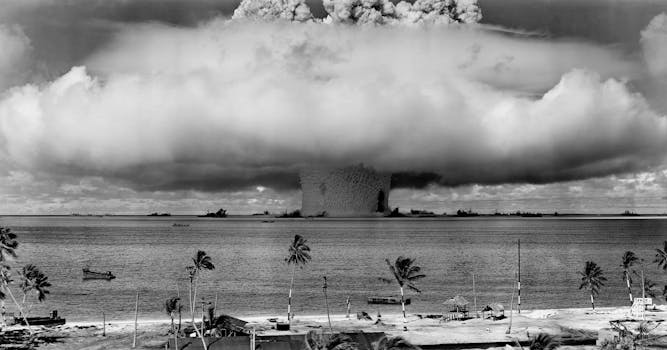+17162654855
+17162654855
DMV Publication News serves as an authoritative platform for delivering the latest industry updates, research insights, and significant developments across various sectors. Our news articles provide a comprehensive view of market trends, key findings, and groundbreaking initiatives, ensuring businesses and professionals stay ahead in a competitive landscape.
The News section on DMV Publication News highlights major industry events such as product launches, market expansions, mergers and acquisitions, financial reports, and strategic collaborations. This dedicated space allows businesses to gain valuable insights into evolving market dynamics, empowering them to make informed decisions.
At DMV Publication News, we cover a diverse range of industries, including Healthcare, Automotive, Utilities, Materials, Chemicals, Energy, Telecommunications, Technology, Financials, and Consumer Goods. Our mission is to ensure that professionals across these sectors have access to high-quality, data-driven news that shapes their industry’s future.
By featuring key industry updates and expert insights, DMV Publication News enhances brand visibility, credibility, and engagement for businesses worldwide. Whether it's the latest technological breakthrough or emerging market opportunities, our platform serves as a bridge between industry leaders, stakeholders, and decision-makers.
Stay informed with DMV Publication News – your trusted source for impactful industry news.
Energy

**
The specter of military action against Iran's nuclear facilities continues to haunt geopolitical discussions. While proponents argue such a strike could cripple Iran's nuclear ambitions, the economic consequences of bombing Iranian nuclear facilities are potentially devastating, rippling across global markets and triggering a chain reaction with far-reaching implications. This analysis delves into the potential economic fallout, examining various scenarios and their impact on oil prices, global trade, regional stability, and the Iranian economy itself.
A military strike on Iranian nuclear facilities would undoubtedly send shockwaves through global energy markets. Iran is a significant oil producer, and any disruption to its operations, even a temporary one, could lead to a sharp increase in crude oil prices. This would have immediate ramifications for consumers worldwide, impacting everything from gasoline prices to the cost of goods and services. The ensuing inflationary pressures could be significant, especially in economies heavily reliant on imported oil. Furthermore, the increased uncertainty would likely lead to a flight from risk, impacting stock markets globally and potentially triggering a global recession.
The Iranian economy, already struggling under the weight of international sanctions and domestic challenges, would suffer a catastrophic blow. The destruction of nuclear facilities represents not only a setback for its nuclear program but also a significant loss of infrastructure and investment. This would exacerbate existing economic problems, potentially leading to:
The economic repercussions extend beyond the immediate aftermath of a strike. The long-term consequences could include:
The economic analysis must not overshadow the human cost of such a catastrophic event. The potential loss of life, displacement of populations, and suffering inflicted on the Iranian people are immeasurable. A focus solely on the economic fallout risks minimizing the devastating human consequences.
Considering the potential economic catastrophe, exploring alternative approaches to resolving the nuclear issue becomes paramount. Diplomatic solutions, even if protracted, offer a far less economically destructive path. Negotiations, coupled with strengthened international inspections and verification measures, offer a more sustainable and economically viable solution than military intervention.
The potential economic impacts of bombing Iran's nuclear facilities are significant, potentially triggering a global economic crisis and causing immeasurable human suffering. While proponents of military action highlight the potential to curb Iran's nuclear ambitions, a thorough cost-benefit analysis must weigh the potential economic and humanitarian costs against any perceived strategic gains. A comprehensive strategy needs to prioritize diplomatic solutions and explore all available avenues to de-escalate tensions and prevent a catastrophic economic and humanitarian disaster. The risk is simply too high to ignore the potentially devastating economic and humanitarian consequences of military action. The long-term stability and prosperity of the region and the global economy hinges on prioritizing peaceful resolutions. The alternative – a costly and unpredictable economic earthquake – presents a far more alarming prospect.